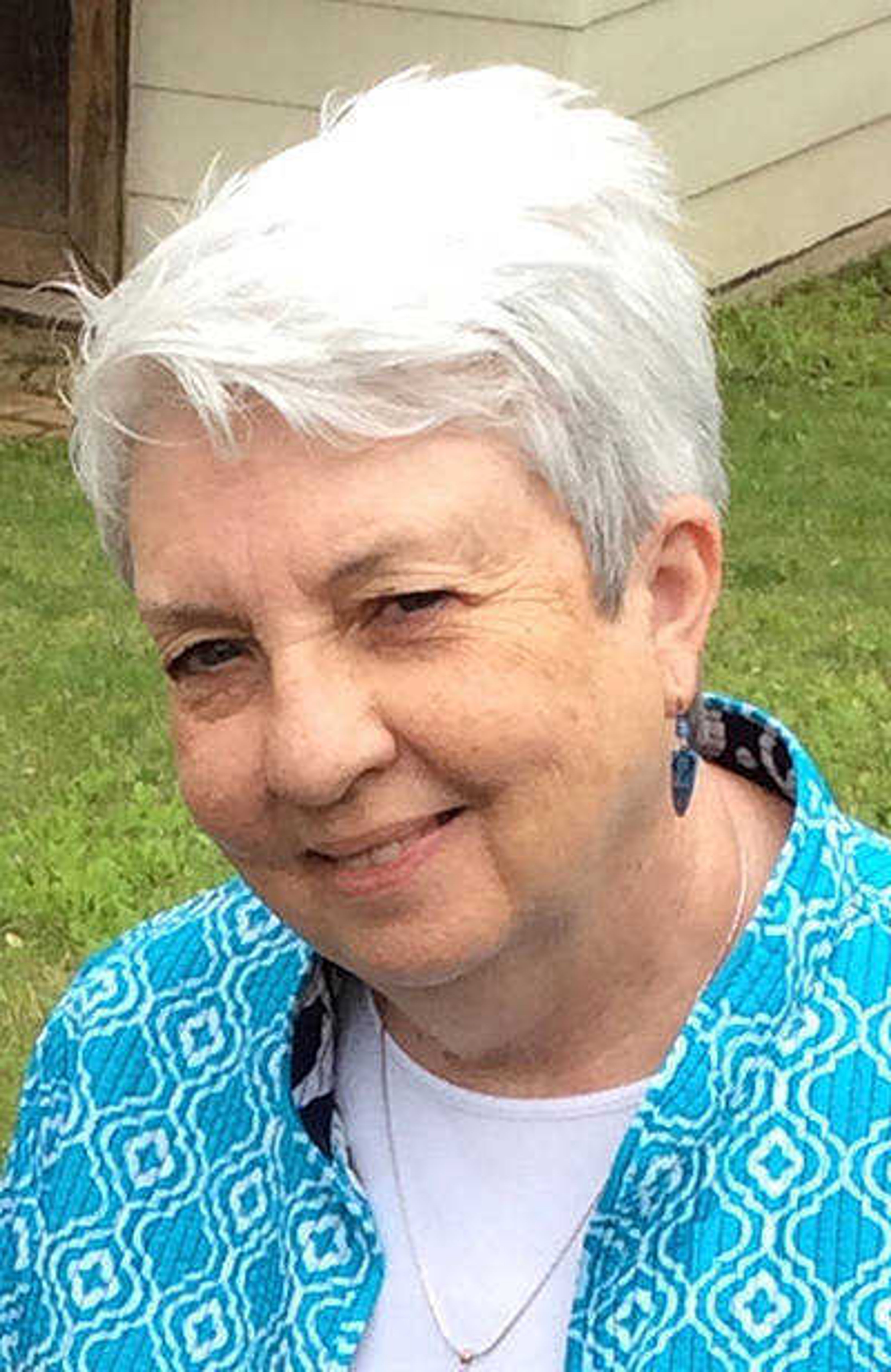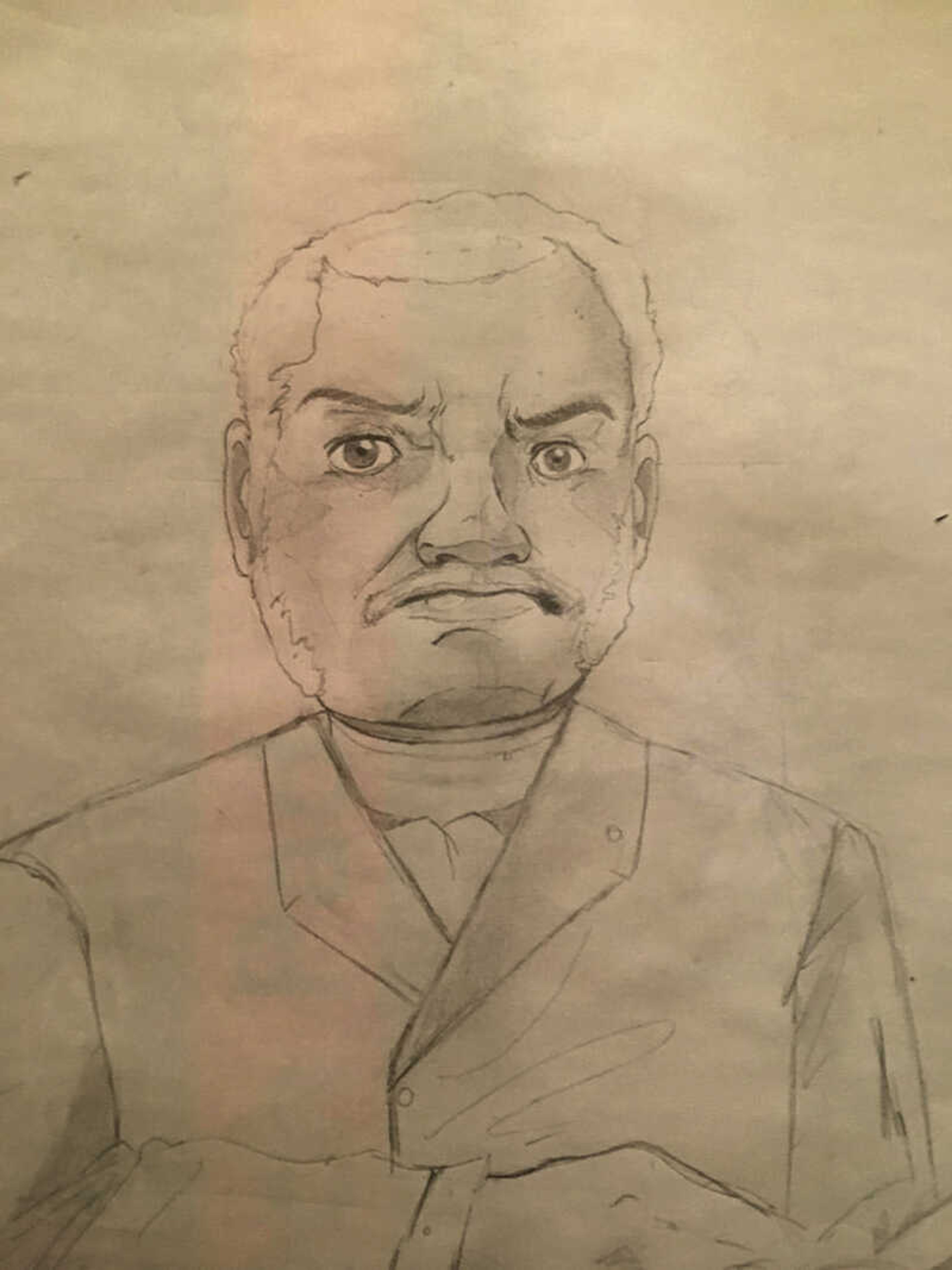The Rev. Dr. J. Frank McDonald: Learner, teacher, preacher
In 156 years of existance, St. James African Methodist Episcopal (AME) Church of Cape Girardeau has had at least 51 pastors, many whose life stories still inspire. J. Frank McDonald, pastor from 1887-89, was distinguished for his relentless pursuit of education, a recurring theme of his biography in "Who's Who in the General Conference" (1912) and the "Centennial Encyclopedia of the AME Church" (1916)...
In 156 years of existance, St. James African Methodist Episcopal (AME) Church of Cape Girardeau has had at least 51 pastors, many whose life stories still inspire.
J. Frank McDonald, pastor from 1887-89, was distinguished for his relentless pursuit of education, a recurring theme of his biography in "Who's Who in the General Conference" (1912) and the "Centennial Encyclopedia of the AME Church" (1916).
Known for skillful story-telling, McDonald laced his stories with humor, using his own humble life to evoke aspiration. As an enslaved 12-year old, McDonald recalled the night he heard his mother praying to God to free her children. He said, "The next morning I opened a prayer meeting with my brain thinking and my legs in active praying, and when I closed that prayer meeting I found myself safe within the lines of the 'Boys in Blue.'"
McDonald defied his enslavement and volunteered first to be a captain's body-servant in the Second Colorado Union Regiment. Inflating his age, he then in 1864 enlisted in the U.S. Colored Light Artillery at Fort Leavenworth, Kansas. Honorably discharged in 1865, McDonald enrolled in school in Independence, Missouri, but soon realized he was not ready for the restrictions of the school room. He said he learned his A B C's forward and backward with his eyes shut, but struggled over them with his eyes open. Frustrated with school, he traveled widely, before experiencing a profound religious conversion at Allen's Chapel in Kansas City, Missouri. From that time forward, McDonald said, "his mind at once reverted to his books," was soon licensed to preach and was employed as a public school teacher.
In 1876, McDonald was admitted to the AME Missouri General Conference and took assignments as a missionary, circuit rider, pastor and presiding elder. He assisted congregations to build houses of worship and retire debts.
While pastor at St. James in Cape, McDonald attended classes at St. Vincent's Seminary to study "the dead languages" (Latin, Hebrew and Greek). The Vincentian Catholic professors acceptance of the AME preacher, studying among the young seminarians, implies openness of the seminary and boldness of McDonald to seize every opportunity to improve his mind. Throughout life, McDonald said he watched eagerly for every spare moment to study. By his vigorous and ceaseless study, he became noted for his wide knowledge of Biblical, historical and philosophical literature. He taught courses on philosophy at the Cape Girardeau County Colored Teacher's Institute in 1888, enhancing the continuing educational opportunities for Black teachers of Southeast Missouri's segregated schools.
In 1891, McDonald founded The Western Christian Recorder newspaper as a private enterprise, published in Kansas City. Adopted as the communication journal for regional AME congregations in 1904, McDonald continued as the paper's managing editor until his death in 1918.
Once a reluctant learner, degrees were conferred on McDonald by several historically black colleges and universities: Wilberforce University, Ohio, Doctor of Divinity (1903); Paul Quinn College, Waco, TX , Ph.D. (1908); and Campbell College, Jackson, Mississippi, Doctor of Law (1911).
Connect with the Southeast Missourian Newsroom:
For corrections to this story or other insights for the editor, click here. To submit a letter to the editor, click here. To learn about the Southeast Missourian’s AI Policy, click here.











